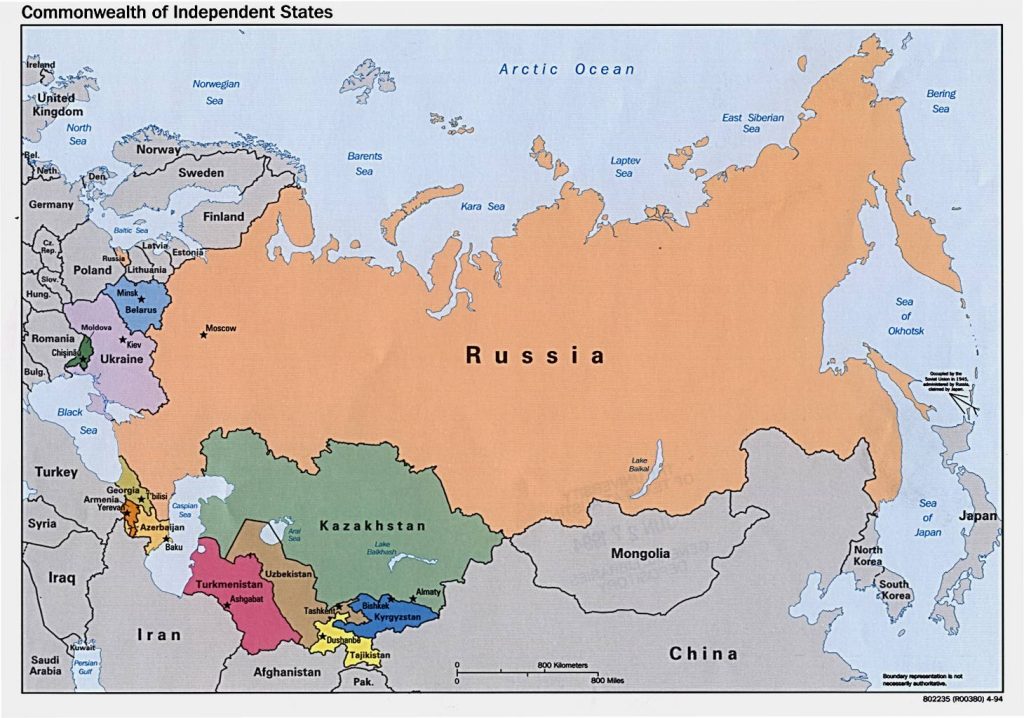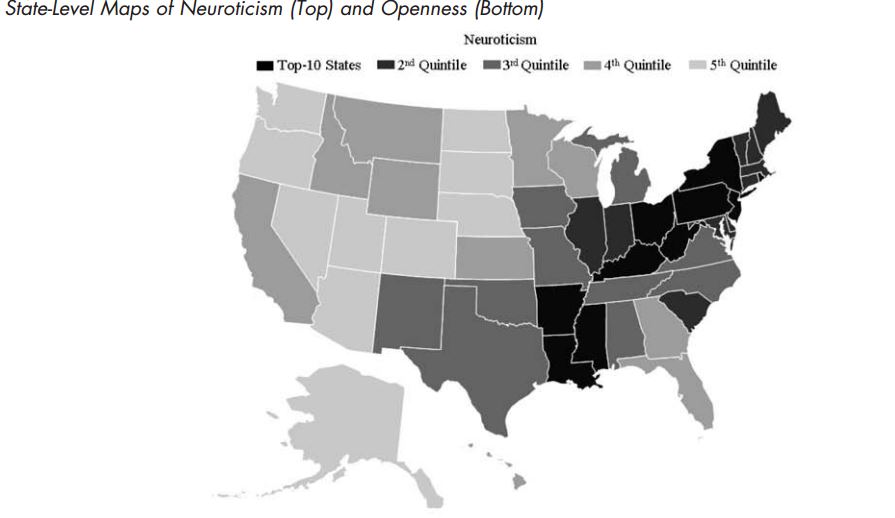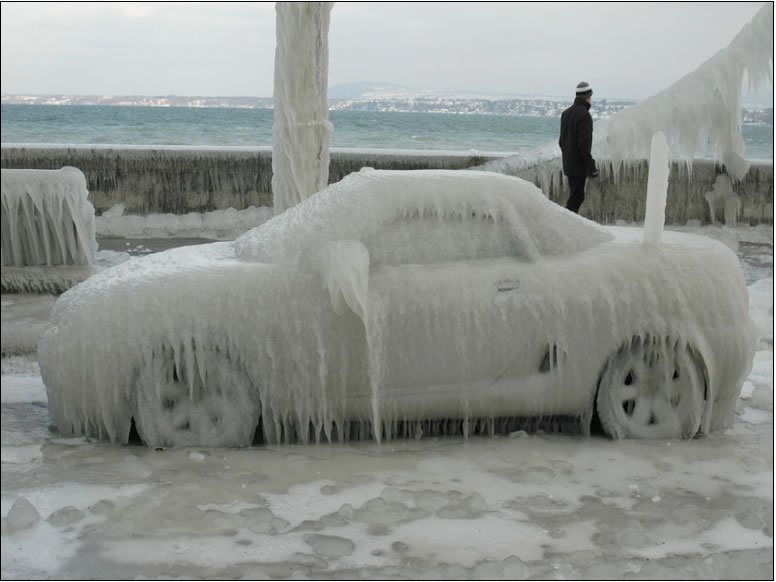Your Geographic Personality
God comes to a Russian and tells him he will grant him one wish. “But whatever you choose,” God says, “I will give your neighbor twice as much.” So the man thought and thought and finally said: “Take out my eye.” — Russian joke
Today’s post is inspired by the book Prisoners of Geography, the New York Times Bestseller that I was supposed to have read for my book club this weekend but didn’t begin till two days ago.
However, what I have read got me thinking: how does one’s geography shape their psychology?
 For example, in the first chapter of the book, the author talks about Russia and how its geography has shaped its political aims and concerns, particularly, access to a warm-water port.
For example, in the first chapter of the book, the author talks about Russia and how its geography has shaped its political aims and concerns, particularly, access to a warm-water port.
Trade and military might heavily depend on one’s ability to access the world’s major sea-lanes; however, because of Russia’s location, its ports that access both the Pacific and the Arctic Ocean freeze for several months each year.
Currently, waterborne transport is still more effective than land or airborne options, so being unable to access the world waterways for a third of the year cripples a country’s economy and strength—especially when you depend on those waterways to survive.
So, why then did Russia invade the country Georgia in 2008? Ukraine in 2014? Well one important reason is that both of these countries border Russia and provide access to a 365-day, warm-water port.
But a country’s geography shapes more than their political interests; it can also help shape the psychology of its inhabitants.
For example, with Russians, Winston Churchill once said: “I am convinced that there is nothing they admire so much as strength, and there is nothing for which they have less respect than for weakness.”
Russia’s hard, frozen tundra and merciless winters demand strength from its people. And with limited options for resources, such scarcity can prompt trait-jealousy (and hence the humor for the opening joke).
In other parts of the world, researchers have studied how personalities emerge within regions of a country. For example, researchers in New Zealand showed that those who lived in large cities (e.g., Aukland) were more open to new experiences than those living in the rural, island areas. However, the people out there were more honest and humble than those in the city.

If you turn to the United States, you find people tend to be more neurotic (i.e., mood swings, anxiety, irritability) in the East Central and Middle Atlantic regions (e.g., Ohio, New York, Pennsylvania). And when you look at the Mountain region (e.g., Idaho, Montana, Colorado), people tend to be higher in conscientiousness, or thoughtfulness with goal-directed behaviors.
Other research has shown that this personality “clustering” extends between countries as well. Using complex modeling statistics, researchers showed that nations with similar psychological profiles were often geographical neighbors. Furthermore, the more similar the climate, the more similar the personalities.
So how exactly does our geography have this effect?
One hypothesis is that these similarities in personality emerge from “selective migration patterns.” For example, those who already enjoy new experiences, move away from their towns to places with varied experiences—making it appear like the geography influenced their personality, but really, they moved to that area with their personality already intact.

So when it comes to your own geography, how has it shaped your personality?
Geographically,
jdt
Everyday Psychology: What facets of your current environment influence your personality? If there’s often a lot of rain, do you think it would make you more introverted? How would sunniness and access to beaches influence your psychology?
Gelade, G. A. (2013). Personality and place. British Journal of Psychology, 104(1), 69-82.
Greaves, L. M., Cowie, L. J., Fraser, G., Huang, Y., Milojev, P., Osborne, D., … & Liu, J. H. (2015). Regional differences and similarities in the personality of New Zealanders. New Zealand Journal of Psychology, 44(1), 4.
Rentfrow, P. J., Gosling, S. D., & Potter, J. (2008). A theory of the emergence, persistence, and expression of geographic variation in psychological characteristics. Perspectives on Psychological Science, 3(5), 339-369.
Rentfrow, P. J. (2010). Statewide differences in personality: toward a psychological geography of the United States. American Psychologist, 65(6), 548.








Well… rain has not made me an introvert but sun does put a smile on my face!! Interesting thought Jake!!
Glad you found it interesting! And in Portland, where it rains all the time, I wonder if the sunshine makes people more extroverted on those days compared to people who get sun all the time.